File sync:
PIM:
Email:
Comparison of Cloud, Sync & Email services
Source: eylenburg.github.io
Last updated: 19 January 2026
This table is best viewed on a monitor with 1920px width (Full HD) with 100% display scaling.
| General information | File sync | Addressbook, Calendar & Tasks | Pricing (single user, annual price in EUR) (prices last updated in 2022) | ||||||||||||||||||||
| Product | Developer | Jurisdiction | Software license | Offered for self-hosting? | Data encrypted at rest? | End-to-end encryption? | WebDAV (or other APIfor integration in 3rd-party apps)? | Edit files in browser? | Share files & folders? | Two-way sync with Desktop?Windows, macOS, and Linux | Two-way sync with Android?Only Android considered as iOS does not allow third-party apps to have full file system access or background sync (and iCloud does not support two-way sync). | End-to-end encryption? | Has all three? | CardDAV & CalDAV support? | Zero access encryption? | IMAP support? | Custom domain support? | ≥5 GB | ≥15 GB | ≥100 GB | ≥1 TB | Comment | |
| Apple iCloud | 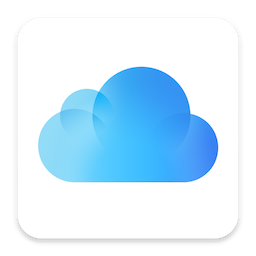 |
Apple Inc. Big Tech PRISM | 🇺🇸 USA |
Proprietary | No | Yes | Yes (limited, claimed)Opt-in "advanced data protection". Some features not available with E2EE, e.g. publicly sharing files or collaborating on iWork documents. File metadata and checksums are not E2EE. Encryption cannot be verified as apps are closed source. | No | Yes (Apple iWork)If E2EE files are accessed through a web browser, the server will receive the decryption key and store it for temporarily. | YesIf E2EE is enabled, can't share files to "anyone with a link". | No Linux support | No | No | Yes | Yes | No | Yes | Yes | free (5 GB) |
€12 (50 GB) |
€36 (200 GB) |
€120 (2 TB) |
Can be shared with up to 6 people |
| Aurora Files |  |
Afterlogic Corp. | 🇺🇸 USA |
Free | Yes | Yes | Yes (limited)Unclear which featues stop working when their so-called "paranoid encryption" is activated. WebDAV (which is e.g. needed for sync on macOS, Linux and Android) by design can't work with E2EE; at most it will show the encrypted and hence useless files. OnlyOffice (for editing Office files) will either not work with E2EE or will decrypt the files. | WebDAV (not for E2EE files) | Yes (OnlyOffice)Files will be temporarily decrypted | Yes | macoS & Linux via 3rd party appssuch as GoodSync | via 3rd party appssuch as FolderSync or AutoSync | Self-hosted cost: either hardware upfront costs (~€50 for RaspPi + ~€50 for 1 TB HDD) or ~€60 p.a. for cheap VPS (e.g. 1 TB at AlphaVPS) | ||||||||||
| Baikal (self-hosted) |
 |
fruux GmbH | 🇩🇪 Germany |
Free | Yes | depends on setup | No | Yes | Yes | Self-hosted cost: either hardware upfront costs (~€50 for RaspPi) or ~€12 p.a. for cheap VPS | |||||||||||||
| Box |  |
Box, Inc. | 🇺🇸 USA |
Proprietary | No | Yes | No | API | Yes (Microsoft Office Online) | Yes | Linux via 3rd party appssuch as GoodSync | via 3rd party appssuch as FolderSync or AutoSync | €108 (100 GB) |
€486 (unlimited)only available for Team subscription with 3 users minimum |
Unlimited plan shows price for 3 users (minimum amount). | ||||||||
| Dropbox |  |
Dropbox, Inc. | 🇺🇸 USA |
Proprietary | No | Yes | "Business Plus", limited featuresOnly available with the "Business Plus" subscription. Has important limitations in use, such as end-to-end encryption not being available for the Dropbox mobile app or no upload/download through the Dropbox API. | API | Yes (Microsoft Office Online) | Yes | Yes | via 3rd party appssuch as FolderSync or AutoSync | €120 (2 TB) |
Family plan also available. | |||||||||
| Etesync | Etesync Ltd. | 🇬🇧 UK |
Free | Yes | Yes | Yes | Yes | Yes (via EteSync Bridge) | Hosted by EteSync developers: €21 p.a.; Self-hosted cost: either hardware upfront costs (~€50 for RaspPi) or ~€12 p.a. for cheap VPS |
||||||||||||||
| Fastmail |  |
Fastmail Pty Ltd | 🇦🇺 Australia |
Proprietary | No | Yes | No | WebDAV (and FTP) | No (but can manage files in browser) | No (only team members) | via 3rd party appssuch as FreeFileSync or GoodSync | via 3rd party appssuch as FolderSync or AutoSync | No | Yes, but tasks missing on website | Yes | No | Yes | Yes | €44 (30 GB)additional 10 GB for files |
€160 (100 GB)additional 200 GB for emails |
|||
| Filen | Filen Cloud Dienste UG | 🇩🇪 Germany |
Clients are free or source available | No | Yes | Yes | API, also WebDAV server via Filen CLI | No (but can manage files in browser) | Yes | Yes | via 3rd party appssuch as FolderSync | free (10 GB) |
€12 (100 GB) |
€90 (2 TB) |
|||||||||
| Forward Email | Forward Email LLC | 🇺🇸 USA |
Free | Yes | Yes | Yes (temporarily decrypted)Some data will be temporarily decrypted when the user logs in, but only for that session and only in RAM. The user's IMAP password is encrypted in-memory, and then is decrypted when the data is transferred over websockets from sqlite -> imap -> client. The entire mailbox (sqlite file) is not decrypted, only an open database in-memory that can be read/written to. See here for details | Yes | Yes | Yes | Yes (needs PGP support in client)To use encrypted mail (zero access encryption), the user will need to decrypt them on the local device, e.g. using Thunderbird, or the OpenKeychain app on Android | Yes | €31 (10 GB) |
€61 (20 GB) |
€310 (100 GB) |
|||||||||
| fruux |  |
fruux GmbH | 🇩🇪 Germany |
Proprietary | No | Yes | No | Yes | Yes | Free for syncing two devices, otherwise €40 p.a. | |||||||||||||
| Google One Google Drive & GMail etc. |
 |
Alphabet Inc. Big Tech PRISM Evil | 🇺🇸 USA |
Proprietary | No | Yes | No | API | Yes (Google Docs Editors) | Yes | Linux via 3rd party appssuch as insync, FreeFileSync, or GoodSync | via 3rd party appssuch as FolderSync or AutoSync | No | Yes | Yes, except tasks (own API) | No | Yes | Yes | free (15 GB) |
€20 (100 GB) |
€100 (2 TB) |
Can be shared with up to 6 people | |
| GMX/ |
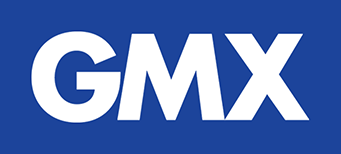 |
United Internet AG | 🇩🇪 Germany |
Proprietary | No | In transit only | No | WebDAV (and FTP) | Yes (GMX Online Office)based on LibreOffice | Yes | via 3rd party appssuch as FreeFileSync or GoodSync | via 3rd party appssuch as FolderSync or AutoSync | No | Yes, but tasks missing on website | Yes | No | Yes | Yes | free (65 GB) |
€24 (100 GB)additional 65 GB for emails |
€179 (1 TB)additional 65 GB for emails |
||
| Icedrive |  |
ID Cloud Services Ltd. | 🇬🇧 UK |
Proprietary | No | Yes | Yes (limited)optional "encrypted folder" with limited features, e.g. no WebDAV | WebDAV (not for E2EE files) | No (but can manage files in browser) | Yes | Yes | via 3rd party appssuch as FolderSync or AutoSync | €22 (150 GB) |
€50 (1 TB) |
Lifetime purchase options also available. | ||||||||
| Infomaniak kDrive & Workspace |
Infomaniak Network SA | 🇨🇭 Switzerland |
Clients are free | No | Yes | No | WebDAV | Yes (OnlyOffice or Microsoft Office"Pro" subscription required) | Yes | Yes | via 3rd party appssuch as FolderSync or AutoSync | No | Yes | Yes | No | Yes | Yes | free (20 GB) |
€60 (2 TB) |
Family plan also available | |||
| Internxt Drive | Internxt Universal Technologies SL | 🇪🇸 Spain |
Free | Yes | Yes | Yes | No (not compatible with E2EE) | No (but can manage files in browser) | Yes | Yes | No | €42 (100 GB) |
€108 (2 TB) |
Lifetime purchase options also available. | |||||||||
| Kolab Now | 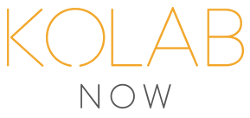 |
Apheleia IT AG | 🇨🇭 Switzerland |
Free | Yes | In transit only | No | WebDAV | Yes (Collabora Office) | Yes | via 3rd party appssuch as FreeFileSync or GoodSync | via 3rd party appssuch as FolderSync or AutoSync | No | Yes | Yes | No | Yes | Yes | €120 (5 GB)only email (without files, calendar etc.) for €57 p.a. |
€142 (15 GB) |
€385 (100 GB) |
||
| Koofr |  |
Koofr d.o.o. | 🇸🇮 Slovenia |
Proprietary, but Vault app is free | No | Yes | Yes (limited)optional "encrypted Vault" with limited features, e.g. no WebDAV | WebDAV (not for E2EE files), rsyncrsync can be used to sync Vaults (E2E-encrypted files) to a computer | Yes (Microsoft Office Online) | Yes | Yes (Vault files require rsync) | via 3rd party appssuch as FolderSync or AutoSync | free (10 GB) |
€12 (25 GB) |
€24 (100 GB) |
€120 (1 TB) |
|||||||
| Linshare |  |
Linagora | 🇫🇷 France |
Free | Yes | "coming soon" | No | No | Yes (OnlyOffice) | Yes | "coming soon" | No | €36 (250 GB) |
€120 (2 TB) |
|||||||||
| Mailbox.org | Heinlein Hosting GmbH | 🇩🇪 Germany |
Mostly free (mostly based on Open-Xchange) | No alternative: Open-Xchange |
Yes | Yes (limited)Option to encrypt/decrypt files with PGP in the browser, but no further integration (e.g. can't open in OX Documents, WebDAV sync will simply transfer the encrypted files) | WebDAV | Yes (OX Documents) | Yes | via 3rd party appssuch as FreeFileSync or GoodSync | via 3rd party appssuch as FolderSync or AutoSync | No | Yes | Yes | Yes | Yes (needs PGP support in client)To use encrypted mail (zero access encryption), the user will need to decrypt them on the local device, e.g. using Thunderbird, or the OpenKeychain app on Android | Yes | €36 (10 GB) |
€46 (15 GB) |
€121 (100 GB)also includes 10 GB mail storage |
€538 (1 TB)also includes 25 GB mail storage |
||
| Mailfence |  |
Contact |
🇧🇪 Belgium |
Proprietary | No | "coming soon" | No | WebDAV | Yes (Contact |
Yes | via 3rd party appssuch as FreeFileSync or GoodSync | via 3rd party appssuch as FolderSync or AutoSync | No | No tasks | Yes | No, but offers OpenPGP in browserSee here | Yes | Yes | €30 (5 GB)also includes 12 GB for files |
€90 (20 GB)also includes 24 GB for files |
max. 70 GB (€300) | ||
| Mega |  |
Mega Ltd. | 🇳🇿 New Zealand |
Proprietary but source available (clients) | No | Yes | Yes | API, also WebDAV server via MegaCMD | No (but can manage files in browser) | Yes | Yes | Yesusing the official app or 3rd party apps such as FolderSync or AutoSync | €50 (400 GB) |
€100 (2 TB) |
|||||||||
| Microsoft 365 OneDrive & Outlook.com |
 |
Microsoft Corp. Big Tech PRISM | 🇺🇸 USA |
Proprietary | No | Yes | No | API | Yes (Microsoft Office Online) | Yes | Linux via 3rd party appssuch as insync, FreeFileSync, or GoodSync | via 3rd party appssuch as FolderSync or AutoSync | No | Yes | Uses MS Exchange instead | No | Yes | Yes | free (15 GB) |
€24 (100 GB) |
€69 (1 TB)Mail storage also upgraded from 15 GB to 50 GB |
Family plan also available. 1 TB plan includes Microsoft Office Online. | |
| Murena Workspace1 |
Murena | 🇫🇷 France |
Free | Yes | Yes | No | WebDAV | Yes (OnlyOffice) | Yes | Yes | via 3rd party appssuch as FolderSync or AutoSync | No | Yes | Yes | No | Yes | No | €20 (20 GB) |
€60 (128 GB) |
€130 (1 TB) |
Self-hosted cost: either hardware upfront costs (~€50 for RaspPi + ~€50 for 1 TB HDD) or ~€60 p.a. for cheap VPS (e.g. 1 TB at AlphaVPS) | ||
| Nextcloud (various hosters) |
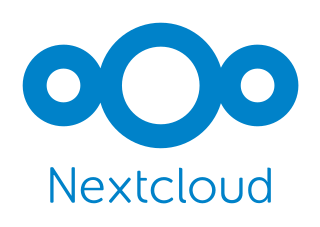 |
Nextcloud GmbH | 🇩🇪 Germany |
Free | Yes | Yes | Yes (limited)optional "encrypted folder" with limited features, e.g. no access in browser | WebDAV (not for E2EE files) | Yes (Nextcloud Officebased on Collabora Office and othersOnlyOffice, Collabora Office, Hancom Office, Microsoft Office Online) | Yes | Yes | via 3rd party appssuch as FolderSync or AutoSync; the Nextcloud app also has a so-called "two-way sync" but it actually ignores local changes | No | Yes | Yes |
Hetzner Storage Share: Ionos Managed Nextcloud: Hosting.de Managed Nextcloud: |
€56 €72 €59 |
€56 €108 €119 |
Can be shared by multiple users. Self-hosted cost: either hardware upfront costs (~€50 for RaspPi + ~€50 for 1 TB HDD) or ~€60 p.a. for cheap VPS (e.g. 1 TB at AlphaVPS) | ||||
| Nordlocker | Nordsec Ltd. | 🇵🇦 Panama |
Proprietary | No | Yes | Yes (claimed)encryption cannot be verified as apps are closed source | No (not compatible with E2EE) | No (but can manage files in browser) | No (only with other Nordlocker users) | No Linux support | No | €34 (500 GB) |
€85 (2 TB) |
||||||||||
| pCloud | 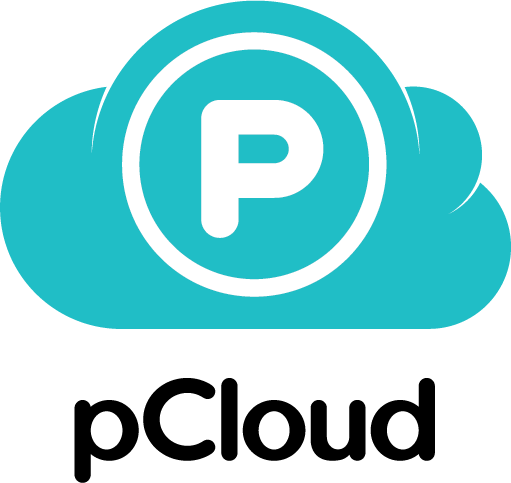 |
pCloud AG | 🇨🇭 Switzerland |
Proprietary | No | Yes | Yes (limited) (claimed)optional "encrypted folder" with limited features, e.g. no sync or sharing; encryption cannot be verified as apps are closed source | API | No (but can manage files in browser) | Yes (except E2EE files) | Yes (except E2EE files) | via 3rd party appssuch as FolderSync or AutoSync | €50 (500 GB) |
€100 (2 TB) |
Family plan and lifetime purchase options also available. | ||||||||
| Posteo | 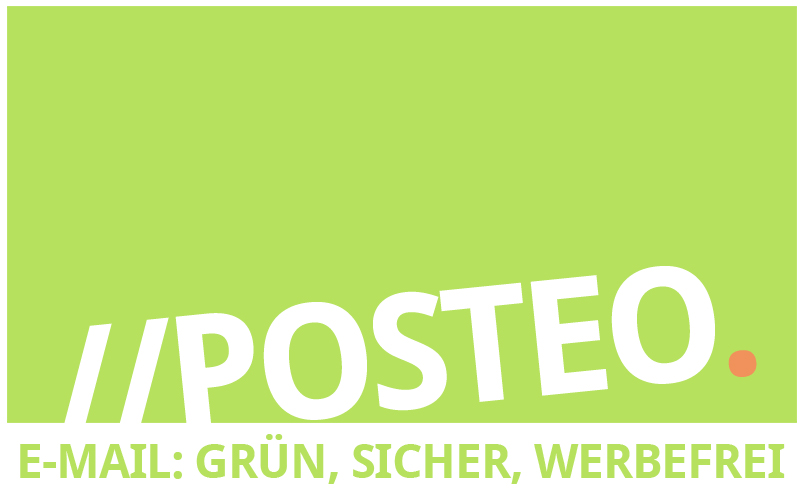 |
Posteo e.K. Non-Corporate | 🇩🇪 Germany |
Free | No | Yes | Yes (temporarily decrypted)The data will be temporarily decrypted whenever modifications are made, e.g. in the browser or via an app using CalDAV | Yes, but tasks missing on website | Yes | Yes | Yes | No | €21 (5 GB) |
€51 (15 GB) |
|||||||||
| Proton |  |
Proton Technologies AG | 🇨🇭 Switzerland |
Some clients are free | No | Yes | Yes | No (not compatible with E2EE) | Some (Proton Docs, Proton Sheets)Only supports word processing, spreadsheets but not presentations | Yes | No Linux support | No | Yes | No tasks | No | Yes | Desktop onlyWindows, macOS, Linux (via ProtonMail Bridge) | Yes | €42 (15 GB) |
€96 (500 GB) |
|||
| Radicale (self-hosted) |
 |
Kozea Community Non-Corporate Non-Profit | 🇫🇷 France |
Free | Yes | depends on setup | No | Yes | Yes | Self-hosted cost: either hardware upfront costs (~€50 for RaspPi) or ~€12 p.a. for cheap VPS | |||||||||||||
| Runbox |  |
Runbox Solutions As | 🇳🇴 Norway |
Free | No | In transit only | No | FTP | No (but can manage files in browser) | No | via 3rd party appssuch as FreeFileSync or GoodSync | via 3rd party appssuch as FolderSync or AutoSync | No | No tasks | Yes | No | Yes | Yes | €30 (10 GB)additional 1 GB for files |
€40 (25 GB)additional 2 GB for files |
€825 (100 GB)additional 50 GB for emails |
||
| Seafile (various hosters) |
 |
Seafile Ltd. | 🇨🇳 China |
Free | Yes | Yes | Yes (limited)optional "encrypted libraries" with limited features, e.g. no WebDAV; furthermore, if encrypted libraries are accessed through a web browser, the server will receive the password and store it for one hour. | WebDAV (not for E2EE files) & API | Yes (OnlyOffice or Collabora Office)If E2EE files are accessed through a web browser, the server will receive the decryption key and store it temporarily. | Yes | Yes | via 3rd party appssuch as FolderSync or AutoSync |
Single user prices: Luckycloud: YourSecureCloud: |
€86 €96 |
€426 €600 |
Self-hosted cost: either hardware upfront costs (~€50 for RaspPi + ~€50 for 1 TB HDD) or ~€60 p.a. for cheap VPS (e.g. 1 TB at AlphaVPS) | |||||||
| StartMail | 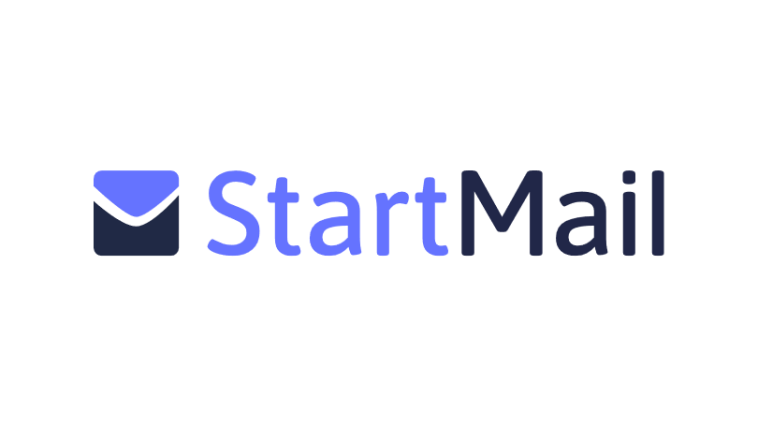 |
StartMail B.V. | 🇳🇱 Netherlands |
Proprietary | No | Yes | No | Neither calendar nor tasks | No | Yes (temporarily decrypted)emails are temporarily decrypted when accessing them, e.g. via browser or an IMAP client | Yes | Yes | €53 (10 GB) |
||||||||||
| Sync.com | Sync.com, Inc. | 🇨🇦 Canada |
Proprietary | No | Yes | Yes (claimed)encryption cannot be verified as apps are closed source | No (not compatible with E2EE) | Yes (Microsoft Office Online)Files will be temporarily decrypted | Yes | No Linux support | No | €85 (2 TB) |
|||||||||||
| Syncthing (P2P sync) |
 |
Syncthing Foundation Non-Corporate Non-Profit | 🇸🇪 Sweden |
Free | Yes | depends on setupAlways encrypted in transit. By default Syncthing syncs files directly between device without using a server. It is up to you whether you encrypt your devices's storage or not. | n/a (serverless) | n/a (serverless) but possibleYou could set up one always-on device as a "server" which then makes the files available via WebDAV like a normal cloud server | No | No | Yes (even on Unix)Official supported are: FreeBSD, NetBSD, OpenBSD, DragonflyBSD, Illumos, and Solaris | Discont'd, requires 3rd party app | Serverless sync possible with DecSync | Self-hosted server cost: either hardware upfront costs (~€50 for RaspPi + ~€50 for 1 TB HDD) or ~€60 p.a. for cheap VPS (e.g. 1 TB at AlphaVPS) | |||||||||
| Tresorit |  |
Tresorit AG | 🇨🇭 Switzerland |
Proprietary | No | Yes | Yes (claimed)encryption cannot be verified as apps are closed source | No (not compatible with E2EE) | Yes (Microsoft Office Online)Integration with Microsoft Office 365. Files are decrypted in the browser, then sent to Office Online for editing, then re-encrypted and uploaded back to Tresorit's cloud. Microsoft will be able to see the files, but not Tresorit. | Yes | Yes | No | €100 (500 GB) |
€240 (2.5 TB) |
|||||||||
| Tuta | Tutao GmbH | 🇩🇪 Germany |
Clients are free | No | Yes | Yes | No tasks | No | Yes | No | Yes | €36 (11 GB) |
€132 (101 GB) |
||||||||||
| Wölkli1 Cloud & |
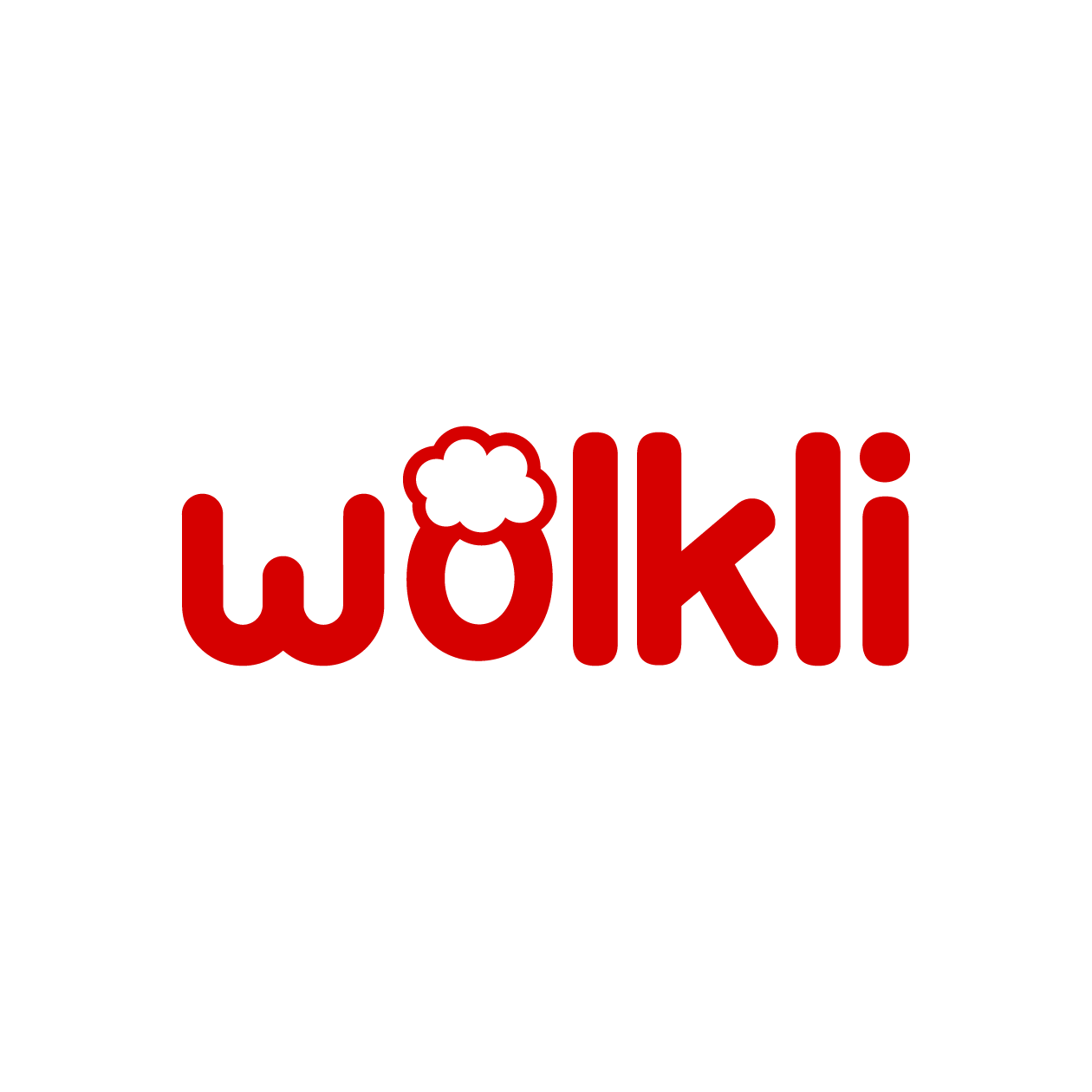 |
oriented.net LLC | 🇨🇭 Switzerland |
Free | No | Yes | No | WebDAV | Yes (OnlyOffice or Collabora Office) | Yes | Yes | via 3rd party appssuch as FolderSync or AutoSync | No | Yes | Yes | Yes | Yes (needs PGP support in client)To use encrypted mail (zero access encryption), the user will need to decrypt them on the local device, e.g. using Thunderbird, or the OpenKeychain app on Android | Yes | €206 (5 GB) |
€401 (200 GB) |
Family plan also offered. Cloud and Mail have to be purchased separately. | ||
| Yahoo Mail |  |
Yahoo, Inc. PRISM | 🇺🇸 USA |
Proprietary | No | In transit only | No | Yes | Yes | No | Yes | No | free (1 TB) |
||||||||||
| Yandex Disk & |
 |
Yandex N.V. | 🇷🇺 Russia |
Proprietary | No | Yes | No | WebDAV | Yes (Microsoft Office Online) | Yes | Yes | via 3rd party appssuch as FolderSync or AutoSync | No | Yes | Yes | No | Yes | Yes | free (unlimited) |
€18 (100 GB) |
€89 (1 TB) |
||
| Zoho Workspace |
 |
Zoho Corp. | 🇮🇳 India 🇺🇸 USA |
Proprietary | No | Yes | No | API | Yes (Zoho Office) | Yes | Yes | Notheoretically possible via 3rd party tools using Zoho's API but currently not supported by either FolderSync or AutoSync | No | Yes | Yes, except tasks | No | Yes | Yes | €117 (30 GB)Minimum 3 users who will get 30 GB each. |
€117 (100 GB)Minimum 3 users who can share 100 GB. |
€223 (1 TB)Minimum 3 users who can share 1 TB. |
Prices shown are for three users (team plans). | |